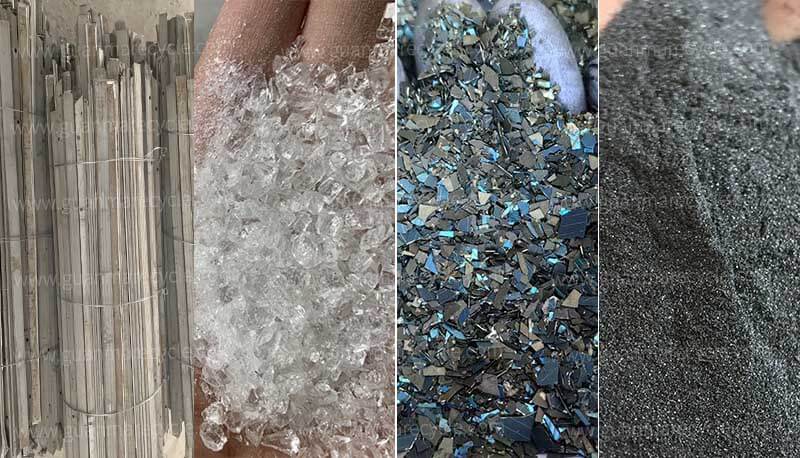E Waste Recycling Plant Business Introduction
As technology advances, the need for e waste recycling has become more pressing, making the e waste recycling plant business an increasingly popular and profitable venture. we’ll explore the importance of e waste recycling, the process of setting up an e-waste recycling plant, and how you can succeed in this growing industry.
What is E Waste Recycling?
Definition of E Waste
E waste refers to any discarded electronic device that is no longer in use or has reached the end of its life cycle. This can include items like computers, mobile phones, televisions, batteries, and household appliances. As technology continues to evolve, more and more electronics become obsolete, creating a massive influx of waste.
Types of E-Waste Collected
The types of e-waste that are commonly collected for recycling include:
Computers and laptops
Mobile phones and tablets
Televisions and monitors
Home appliances (e.g., refrigerators, microwaves, and washing machines)
Batteries and circuit boards

Steps in the E Waste Recycling Process
The process typically includes:
Collection and Sorting – E-waste is gathered and sorted into categories.
Manual Dismantling – Components are manually removed for further processing.
Shredding – Devices are shredded into smaller pieces for easier extraction.
Separation – Magnetic and air separation techniques are used to extract valuable metals and plastics.
Final Processing – The materials are processed for reuse in manufacturing new electronics.
Setting Up an E Waste Recycling Plant
Key Considerations Before Starting
Before starting an e-waste recycling plant, consider factors such as the scale of the operation, the type of equipment needed, and the environmental regulations in your region. Research the supply chain for collecting e-waste and ensure a steady flow of materials for processing.
Location and Licensing Requirements
Choosing the right location is crucial for an e waste recycling business. The plant should be situated in an area with easy access to e waste sources and have the necessary infrastructure for waste collection and transportation. Licensing and certifications are also essential to ensure compliance with local and international regulations.

Cost of Setting Up an E Waste Recycling Business
The cost of setting up an e waste recycling plant can vary depending on the size of the operation and the equipment required.
Profitable Aspects of E Waste Recycling
Revenue Streams in E Waste Recycling
The most profitable aspect of e waste recycling lies in the valuable materials recovered during the process, such as metals, plastics, and rare earth elements. Recycling these materials can yield substantial revenue, as they are in high demand for use in new electronics and manufacturing.
Materials and Components That Can Be Recycled for Profit
Some of the most valuable materials extracted from e waste include:
Gold, silver, and copper – These metals are often found in circuit boards and wiring.
Plastics – Recyclable plastics can be repurposed for use in various industries.
Rare earth metals – Elements like lithium and cobalt are essential in the production of batteries and other electronics.
Conclusion
As the volume of e waste continues to grow, the demand for efficient recycling solutions will only increase. So, if you’re looking to enter a booming industry, now is the right time to start your own e waste recycling plant!


